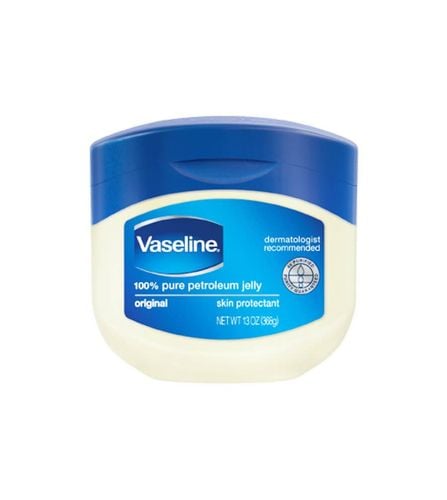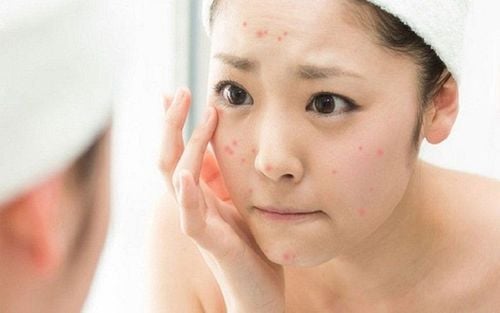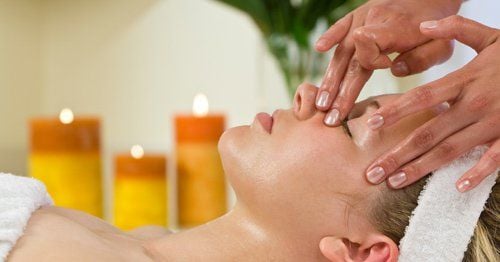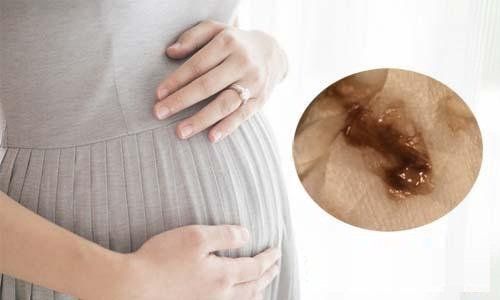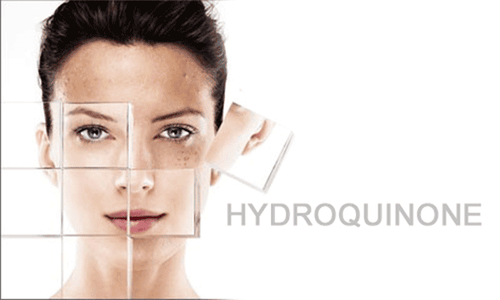Itchy breasts during pregnancy are considered a fairly common condition that pregnant women may experience. The cause of these symptoms can be due to changes in hormone levels, skin tension, etc. To minimize the condition of itchy breasts during pregnancy, you should see a doctor for examination and appropriate treatment to help minimize this uncomfortable condition.
1. Causes of itchy nipples
Usually, itchy breasts or nipples can be caused by some skin diseases or allergies. However, daily itching can signal a symptom of a dangerous disease. The cause of this condition can be due to the following factors
1.1. Itchy nipples when suffering from skin diseases
Atopic dermatitis (eczema) is considered a common cause of itchy nipples. This dermatitis is also known as eczema and can cause dry skin, itching and rashes. Sometimes, you may also have itchy nipples due to contact dermatitis from exposure to allergens. Some agents that can cause itchy nipples as well as itching due to contact dermatitis are: Wool, soap, perfume, detergents, synthetic fibers, etc. In addition, dry skin can also cause itchy nipples and itchy mammary glands.
1.2. Itchy nipples due to pregnancy
Itchy nipples during pregnancy may be more severe than normal. Because at that time the breasts often increase in size, leading to a state of tightness, itching and peeling of the skin. In addition, it can be due to a bacterial or fungal infection of the mammary glands, or this condition is also quite common in women who are breastfeeding because of blocked milk ducts or infections that cause inflammation and itching of the breast tissue.
- Itchy nipples during pregnancy cannot be ignored due to hormonal changes. During this time, the pregnant woman's hormones will change erratically and it seems that it can increase to a peak on the pregnancy due date. Because of this, it has created conditions for pregnancy symptoms to appear such as itching in the chest, abdomen, easily hives, etc.
- Itchy nipples due to excessive skin stretching. As the fetus grows in the womb, your skin will stretch to adapt to its current shape and weight. Pregnant women may notice stretch marks on their bodies, especially in areas such as the thighs, buttocks, and abdomen, accompanied by a burning, itchy, and uncomfortable feeling. Stretch marks during pregnancy appear in many different colors, from red, pink to blue or purple. And these stretch marks may fade over time.
- Itchy nipples compared to eczema. Eczema is considered a fairly common condition that women may experience during pregnancy. Typical signs of this disease include itchy breasts during pregnancy or on other parts of the body. Along with that, the skin of pregnant women also becomes rougher, and red patches, cracks, and even scales appear.
Itchy nipples due to pruritus and hives. When pregnant, itchy nipples can be caused by pruritus and hives. This condition will cause the skin to appear red, swollen, hives in clusters, spreading to other parts of the body, especially the chest, thighs and buttocks.

1.3. Itchy nipples can be due to other diseases
When itchy nipples can be seen as a symptom of a serious disease such as Paget's disease of the breast - a rare form of cancer that can cause itchy nipples and mammary glands. The first symptoms of Paget's disease of the breast can be very similar to atopic dermatitis, so sometimes the patient will be confused and subjective. Signs of this disease include: Red breast skin, breast lumps, inverted nipples, nipple discharge, and changes in the skin of the breast. Itching and burning sensations in the chest can also be classified as signs of breast cancer, especially inflammatory breast cancer.
2. How to reduce itchy nipples during pregnancy
2.1. Drinking plenty of water helps reduce itchy nipples during pregnancy
According to experts, pregnant women should drink about 1.5 to 2 liters of water a day, including filtered water, fruit juice, soup, etc. However, because pregnancy can increase the need to urinate, pregnant women are reluctant to drink water. But if you do not supplement enough water according to the recommended needs, pregnant women may encounter health-related problems such as itchy breasts, dry, peeling skin, etc. In addition, the effect of drinking enough water also helps relieve some uncomfortable conditions including constipation during pregnancy

2.2. Use clothes with good material and suitable size
Pregnant women should prioritize using clothes with elastic material, and good sweat absorption to help limit skin rubbing against fabric, avoiding possible itching. When choosing clothes made from cotton or linen, will help pregnant women's skin breathe comfortably instead of feeling uncomfortable and stuffy and not being able to sweat. For bras, pregnant women should buy types with supportive shapes, suitable sizes or can be slightly larger to bring comfort when using.
2.3. Cool the body to prevent itching
Instead of scratching to relieve itchy nipples, which can lead to skin irritation or even bleeding, pregnant women can apply a cool compress for relief. This method can be particularly effective for managing itchiness caused by pregnancy or conditions like eczema. Additionally, when bathing, pregnant women should use water at a moderate temperature of about 29 to 32 degrees Celsius and limit their bathing time to 10 to 15 minutes to prevent the skin from losing moisture.
2.4. Use moisturizer to prevent itching
Applying moisturizer can help soothe the skin and increase hydration, thereby reducing the incidence of itchy nipples during pregnancy. However, pregnant women should opt for gentle, skin-friendly products, such as olive oil, shea butter, jojoba oil, etc.
2.5. Choose gentle soap for sensitive skin
Soaps with strong cleansing properties can strip the skin of necessary moisture, leading to itchiness and peeling. Therefore, it's important for pregnant women to select gentle soaps that are suitable for their sensitive skin to minimize irritation, including itchiness in the breast area.
Additionally, pregnant women can use a soft, clean towel to gently pat the nipples, which may help manage excess skin. However, this should be done gently to avoid strong stimulation that could potentially cause uterine contractions and affect the pregnancy. Gentle massage of the breasts using hands can also promote blood circulation and stimulate milk production for nursing mothers after childbirth. However, it's essential to avoid vigorous or frequent movements, as they could negatively impact the fetus.
Please dial HOTLINE for more information or register for an appointment HERE. Download MyVinmec app to make appointments faster and to manage your bookings easily.




